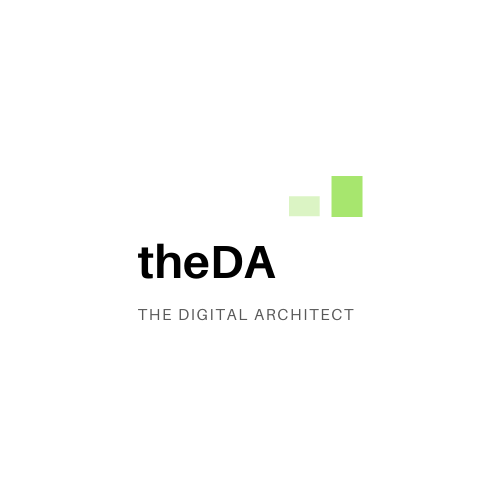There was this magician who revolutionized the industry by challenging simplistic tricks and fostering creativity – basically he revealed the most basic tricks done by magicians, so that collectively they would raise the bar and be more creative. His story mirrors what I predict will happen in SEO this year. Currently, the internet is oversaturated with repetitive content and AI initially may contribute more to this clutter. However, I believe it will eventually optimize and streamline processes.
The term “AI” might not be perfect, but its ability to enhance our efforts cannot be underestimated. Drawing parallels with the magic industry’s transformation, I foresee that mediocre SEO practices will soon become obsolete. Only those within the top two or three percent of SEO practitioners who excel in their content creation, site setup, user experience etc., will stand out and secure a significant portion of search traffic. Here below are some points to back up my “thesis” or argument, if you like.
Argument number one:
Writing allows for a slower, more thoughtful process than speaking. The physical act of typing or writing by hand encourages clarity and measured thought, which can often result in better quality content. Dictating to an AI tool adds speed to this process without compromising the deliberation inherent in writing.
AI tools like these are set to revolutionize content creation. Currently, I speak my thoughts and the tool transcribes them into text; however, future possibilities could include SEO optimization commands such as adding specific markup or generating popular headings linked with relevant intent. SEO is essentially a series of checks on one page to create top-tier content. It’s not difficult but time-consuming – often requiring about eight hours of work per page. But with AI advancements, this time could potentially be reduced to 45 minutes.
I believe AI will democratize tasks like SEO optimization making it easier for all users. As we enter mid-2023 – what I predict will be remembered as ‘the year of AI’ – we’re starting to see its potential impact on industry norms.
By end-2023 or next year at latest, I anticipate that our new reality shaped by AI would have solidified just as COVID redefined our concept of ‘normal’.
Argument number two:
For my second point, I believe those who are forward-thinking and act early in response to changes will thrive. This includes financially stable agencies with large teams, businesses with significant capital, first-world residents outsourcing work to third-world countries, and younger individuals more likely to adapt than their older counterparts nearing retirement.
The idea is not as extreme as “adapt or die,” but some SEO-focused businesses may fail if they don’t evolve. SEO is just one channel among others like social media; though the latter’s effectiveness has been questionable from the start due to a high volume of low-quality content.
However, when it comes to well-crafted written content marked up correctly for trustworthiness and readability by AI systems – there lies an exciting future for SEO and AI together.
I aim not only be part of this change but also strive towards being in the top 5% frontrunners embracing this new era. As a natural maverick, I see things differently which aids me in adapting quickly.
Next time we’ll delve into ethical considerations around these changes so that they can benefit everyone involved. For now though, let’s conclude my second point here.
Argument Number three:
in the world of SEO, or said another way “getting websites to rank higher in online search results”, is subject to the same forces as you’d see for a Wikipedia article. Just as an article there gets better with many people editing it, the SEO game nowadays has such a fierce amount of competition that it will mean that content only “improves” when lots of people work to ‘win’. But there’s a point where you can’t make things any better – that’s what I think will happen with SEO soon because of AI tools. These tools are becoming more popular and could change how we do this kind of work over the next few months or even years. However, they might reach their limit quickly – maybe in just one or two years. All that to say, without a monetary reason to motivate folk to build the software (ie. they will do so to solve this problem), there is little rationale that something will advance – so, because SEO is a huge indusry, that affects perhaps half or more of all businesses worldwide, it’s certainly got the money behind it!
